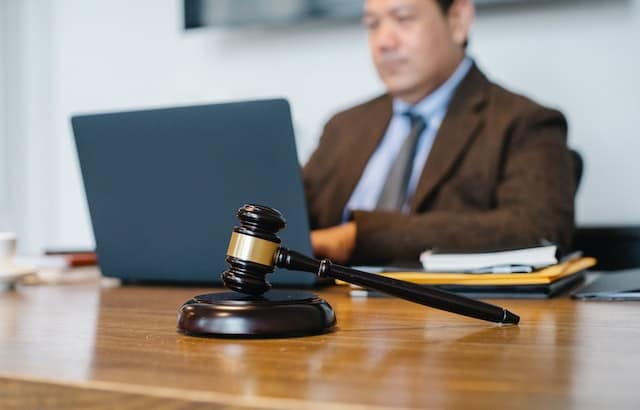Commercial Law – Can content generated by AI infringe copyright law?
Overview
With the rise of Artificial Intelligence (‘AI’) in generative content platforms like ChatGPT, have you asked yourself: who owns the copyright in the content produced in both the input and the response to my inputs?
Whilst it is yet to be confirmed under Australian law, there is a risk that content generated by AI systems could infringe the copyright of a third party stemming from the way these AI systems work.
ChatGPT, for example, is fed on large amounts of data from the internet that may be similar or even identical to existing works that are subject to copyright. So could a user of ChatGPT, who distributes the response without permission from the original copyright owner be infringing the original author’s copyright?
Whilst an output from AI has yet to be held to have infringed copyright in Australia, theoretically the answer is yes. Under the Copyright Act 1968 (Cth) the copyright in a literary work is infringed by a person who, not being the owner of the copyright and without the licence of the owner of the copyright, compromises the copyright. So, where an AI platform reproduces literary work this could potentially amount to an infringement of copyright.
However, at present it isn’t clear if ChatGPT alters copyrighted works enough to avoid infringement.
Can a copyright be attributed to outputs generated by AI?
It is unlikely that AI can be the creator of copyrightable material.
ChatGPT assigns the rights, interests and title in the generated “output” to the user who enters the “inputs” to receive the generated content – subject to the extent permitted by the applicable law i.e. the Copyright Act in Australia and its interpretation by the courts of Australia.
However, as the Copyright Act defines someone who can hold copyright as either an Australian resident or body corporate, and an AI platform is neither of these, copyright is unlikely to exist in the outputs, and cannot be assigned to users.
Can a user of AI be held responsible for breaches of copyright?
The application of the principles of the Copyright Act to AI platforms is largely untested at this stage and represents a risk until the law surrounding its use has been clarified. Ultimately, it will likely come down to how different AI platforms work in practice and if they have been programmed to ensure that they do not reproduce a substantial part of a copyrighted work.
The Australian government has recently established the National AI Centre to help develop responsible national AI and digital practice. On 1 June 2023 it released a discussion paper on regulating the technology, which could receive submissions until 26 July 2023. (Please see Supporting responsible AI: discussion paper.)
It is part of an eight-week public consultation to determine possible legislative changes, even whether high-risk uses of artificial intelligence should be banned. Changes could be coming to legislation governing consumer, corporate, criminal, privacy, copyright, administrative, intellectual property and online safety laws.
For more information and expert advice, ask to speak to a lawyer at Ezra Legal on (08) 8231 6100 or email reception@ezralegal.com.au
For information on the range of commercial legal services that we provide at Ezra Legal, head to:
Michael Fabbro – Principal – Ezra Legal
Julian Roffe
Practice Manager
Ezra Legal



